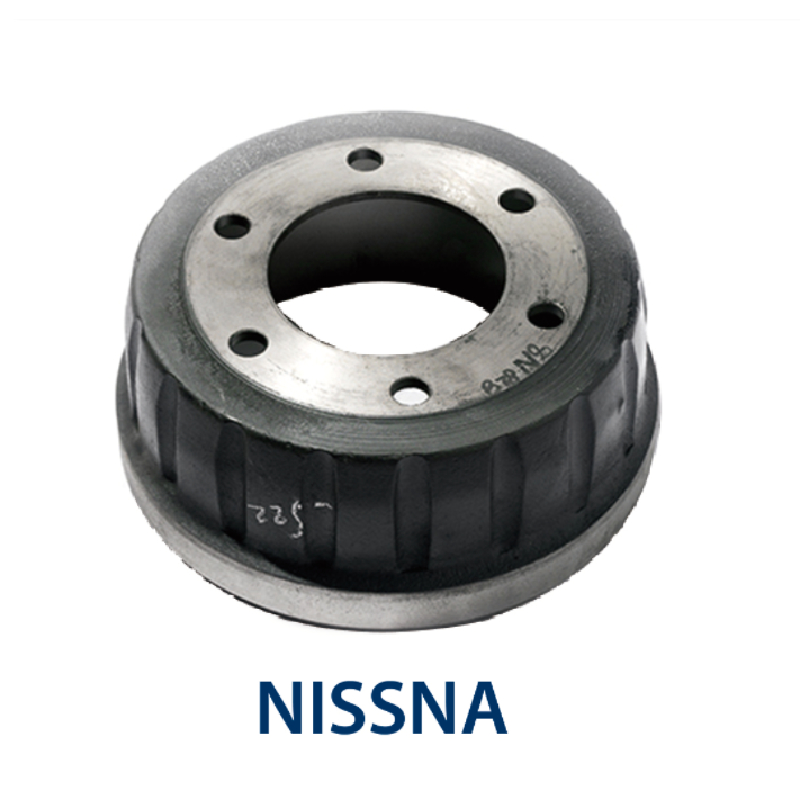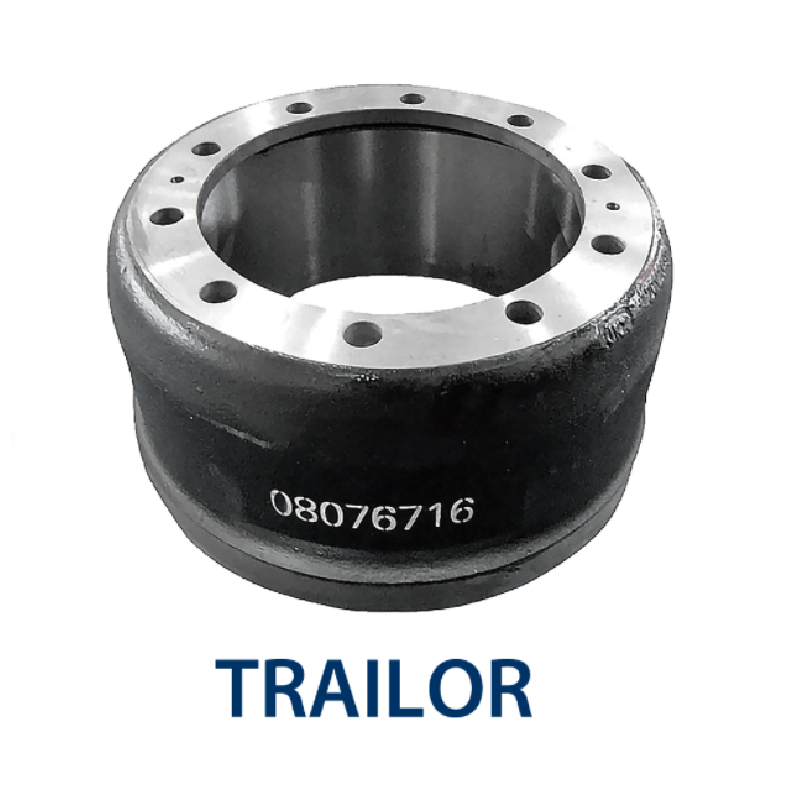2 月 . 13, 2025 22:37 Back to list
how much does it cost to have brake drums turned
Navigating the cost and necessity of having brake drums turned can be an intricate part of vehicle maintenance, particularly for those without a mechanical background. Brake drums, despite their historically sturdy design, are subject to wear and tear, making it essential for car owners to understand when and why turning them is necessary, as well as how much it might cost.
The necessity of turning brake drums isn't universal for all braking issues. For vehicle owners striving to maintain cost-effectiveness, it's essential to conduct a thorough evaluation with a qualified mechanic. Not all worn-out brake drums require turning. Occasionally, wear is extensive enough that drum replacement, rather than turning, is the recommended solution. Continuing to machine drums beyond recommended thickness can compromise braking efficiency and is deemed unsafe. To ensure credibility and authenticity, relying on a reputable auto shop with certified professionals is paramount. Look for service centers approved by recognized automotive associations. Such establishments typically follow standardized procedures, use precise measurements, and employ advanced machinery to guarantee quality service. Moreover, keeping a maintenance record can enhance trustworthiness and provide future guidance on vehicle care. This documentation should encompass every service performed, including dates and the extent of machining undertaken, for transparency and reference. In conclusion, while the concept of turning brake drums might seem straightforward, the underlying details concerning costs, necessity, and safety make it substantial for vehicle owners. Understanding these facets can empower car owners to make informed decisions, prolonging the longevity and reliability of their braking systems. Consistent maintenance, underpinned by a knowledgeable and trustworthy service provider, ensures not only the safety of your vehicle but also peace of mind on the road.


The necessity of turning brake drums isn't universal for all braking issues. For vehicle owners striving to maintain cost-effectiveness, it's essential to conduct a thorough evaluation with a qualified mechanic. Not all worn-out brake drums require turning. Occasionally, wear is extensive enough that drum replacement, rather than turning, is the recommended solution. Continuing to machine drums beyond recommended thickness can compromise braking efficiency and is deemed unsafe. To ensure credibility and authenticity, relying on a reputable auto shop with certified professionals is paramount. Look for service centers approved by recognized automotive associations. Such establishments typically follow standardized procedures, use precise measurements, and employ advanced machinery to guarantee quality service. Moreover, keeping a maintenance record can enhance trustworthiness and provide future guidance on vehicle care. This documentation should encompass every service performed, including dates and the extent of machining undertaken, for transparency and reference. In conclusion, while the concept of turning brake drums might seem straightforward, the underlying details concerning costs, necessity, and safety make it substantial for vehicle owners. Understanding these facets can empower car owners to make informed decisions, prolonging the longevity and reliability of their braking systems. Consistent maintenance, underpinned by a knowledgeable and trustworthy service provider, ensures not only the safety of your vehicle but also peace of mind on the road.
Latest news
-
Brake Drum for Kamaz Trucks Durable OEM Replacement & High Performance
NewsMay.30,2025
-
Brake Drum Man High-Quality Drum Brake & Shoe Solutions
NewsMay.30,2025
-
High-Performance Brake Drum for Kamaz Trucks Durable Drum Brake Components
NewsMay.29,2025
-
Brake Drum Man High-Quality Drum Brake Drums & Brake Shoes
NewsMay.29,2025
-
Brake Drum MAZ High-Performance & Durable Replacement Parts
NewsMay.29,2025
-
heavy truck brake drums
NewsMar.07,2025
